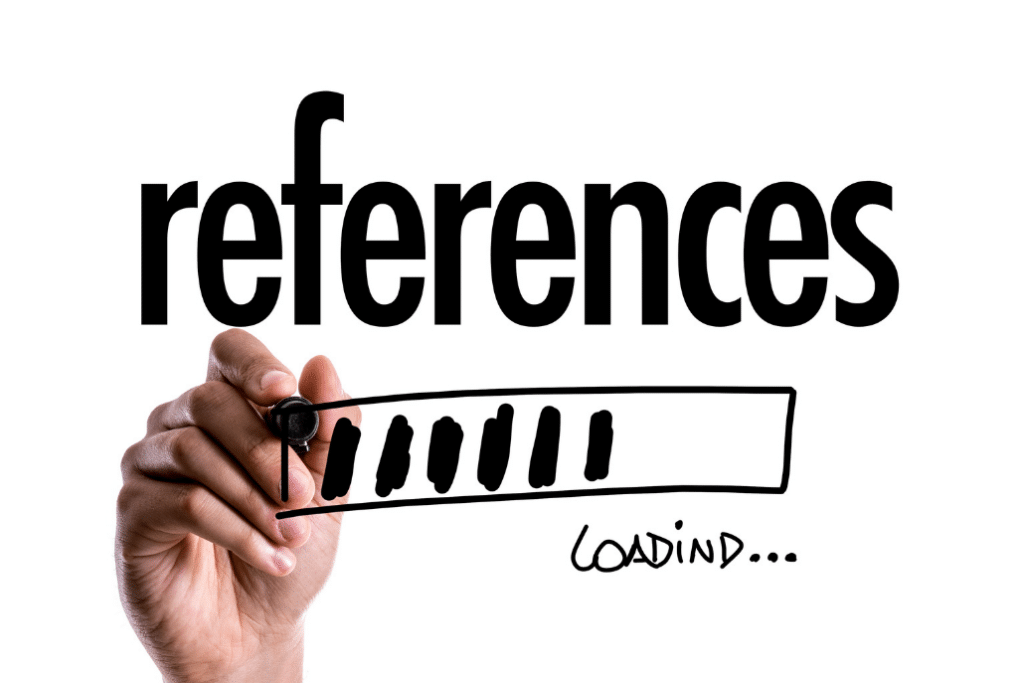If you are currently searching for a new job, you may be wondering if you should include references on your resume. Should you put your references directly on your resume, submit them as a separate file, or not have any at all? The answer depends, and here is what you need to understand about including references on your resume.
Employers don’t use references right away
When deciding whether you should include references on your resume, think about how an employer will use them. In almost every hiring scenario, a hiring manager or recruiter won’t check references until the end of the interview process. Checking your references is typically the last step before making a final hiring decision or deciding between two candidates. Hiring professionals won’t check references as they sift through references. Instead, they will likely ask you to submit them after a final interview to help them make a decision. So, the answer to this question is only to include them if it explicitly requests them in the job description or application.
References take up valuable resume space
If you need to submit references, don’t include them on your resume (unless instructed in the job description). If you are displaying references the correct way, you will have several lines of text for each reference. Thus, including references on your resume takes up valuable space. If you typically have your contacts on your resume, this is an easy way to shorten your resume if you think it’s a little too long; it also helps keeps the focus on your experience, achievements, and other valuable qualifications.
How to send references
Instead of including your references on your resume, you can create a note at the end of it that says, “references attached” and have them on a separate document. By creating a separate reference document, you can keep your application more organized. The easier you make your application materials to follow, the better results you will receive. You want to keep your reference document’s format similar to your resume – use the same layout, fonts, headings, and other formatting styles. For each reference, you will want to include the following:
- Full name
- Job title
- Company name
- Location
- Contact information
- A brief description of your relationship
Include this information for each contact, and you are on your way to creating the ultimate references sheet.
If you are searching for more job-search guidance, JSG has precisely what you need! We have job search advice, interview insights, and more resume tips on our blog.




